Ford Mustang Supra Cobra Jet 1800 Is Going For An NHRA EV World Record

Ford just dropped an even faster follow-up to its very quick EV dragster.
Ford is really, really, really going in on this EV thing. Sure, some Philistines may decry the pure existence of the Mustang Mach-E, but there’s no denying that EVs can be very, very, very fast devices. Ford’s latest EV drag car proves this so, as it aims to break the NHRA record for electric vehicles.
Dubbed the Mustang Super Cobra Jet 1800 (prototype), the hyper-powered EV drag car is a follow-up to Ford’s already impressive Cobra Jet 1400 of before. Currently, the Cobra Jet 1400 holds the fastest time – an 8.128 second quarter mile, at more than 170 MPH. That’s the time that the new Super Cobra Jet 1800 has to beat.
To do that, Ford says it went back to the drawing board revising the chassis, powertrain, and control systems. Some things stayed the same; the Cobra Jet 1800 has the same four inverters and two motors as the car before it, but the transmission is new, and the battery system is lighter than before. The rear differential is new, the rear suspension geometry has been revised, and the car now sits on even wider special drag radial tires.
True to the 1800 moniker, the new drag car now makes a staggering 1,800 horsepower. It’s also hundreds of pounds lighter, according to Mark Rushbrook, global director, Ford Performance Motorsports.
The Mustang Super Cobra Jet 1800 will go for the EV speed record sometime this coming NHRA season.
Become an AutoGuide insider. Get the latest from the automotive world first by subscribing to our newsletter here

Kevin has been obsessed with cars ever since he could talk. He even learned to read partially by learning and reading the makes and models on the back of cars, only fueling his obsession. Today, he is an automotive journalist and member of the Automotive Press Association. He is well-versed in electrification, hybrid cars, and vehicle maintenance.
More by Kevin Williams



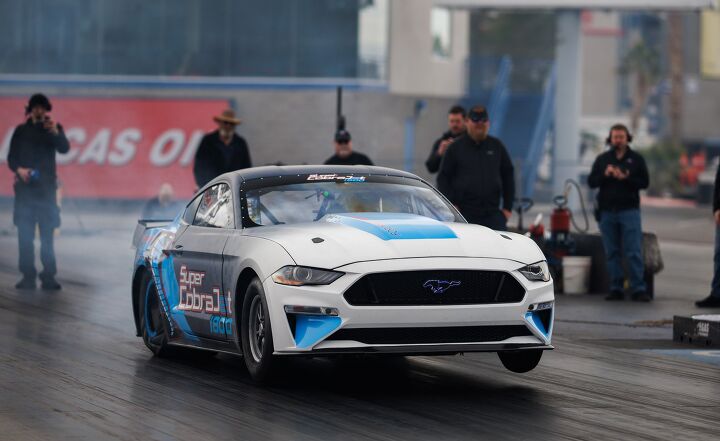
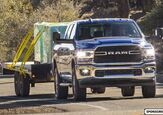









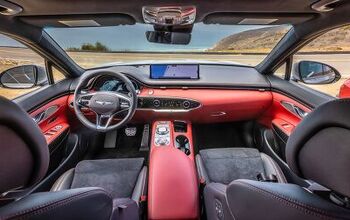


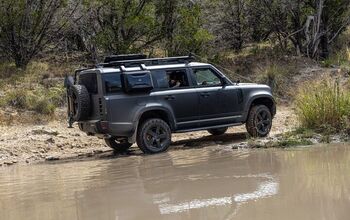
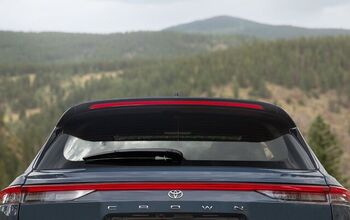


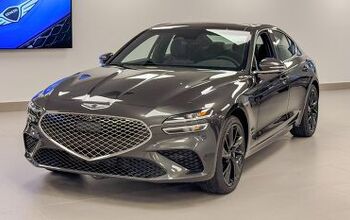
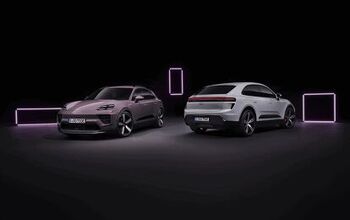


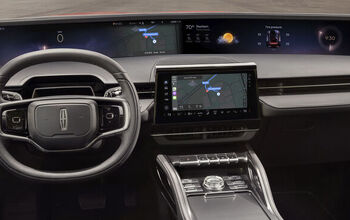

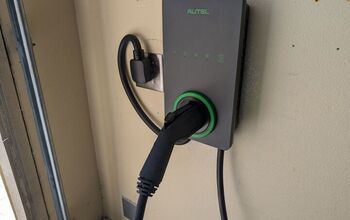
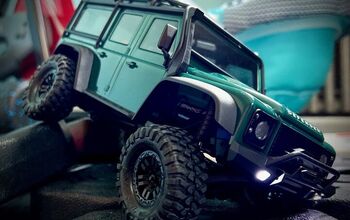
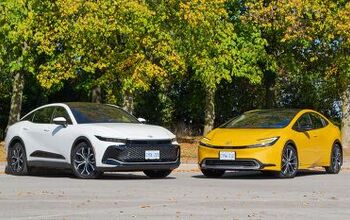

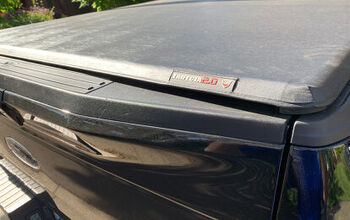
Comments
Join the conversation